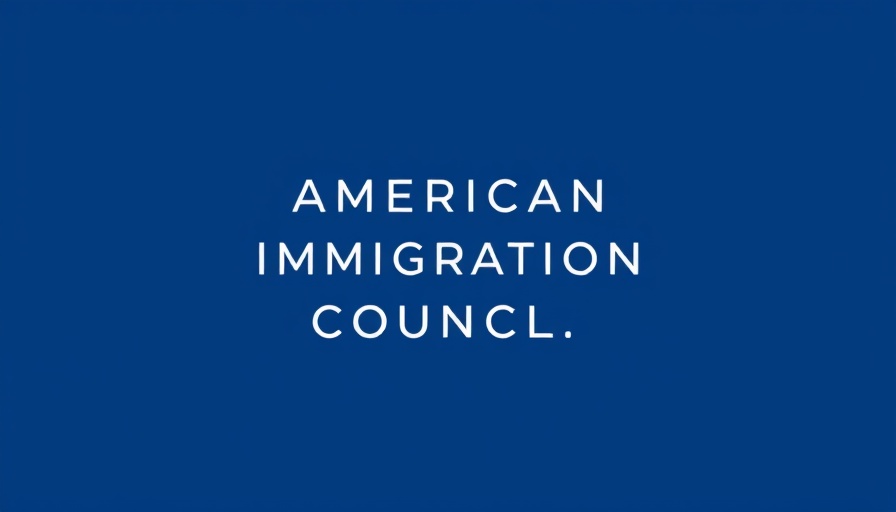
Government Pressure and Coercion in Immigration Cases
In a troubling case illuminating the complexities of the U.S. immigration system, Kilmar Abrego Garcia's legal situation has raised significant concerns about governmental tactics used in immigration enforcement. His attorneys assert that U.S. Immigration and Customs Enforcement (ICE) is coercing him into accepting a guilty plea for human smuggling charges, with the alternative being deportation to Uganda. This ultimatum follows Abrego Garcia's previous wrongful deportation to El Salvador and subsequent repatriation after errors in his case.
Potential Consequences of Coerced Pleas
The allegations position Abrego Garcia in a precarious situation, where the threat of deportation looms. His attorneys argue that the government previously offered a more favorable option—deportation to Costa Rica—if he were to plead guilty and remain incarcerated. Abrego Garcia's choice to reject this plea deal signifies the struggle many face when caught in the tangles of immigration law. Coerced pleas can yield serious implications, not only for the individual's future but also for the integrity of the legal system.
International Dimensions of U.S. Deportation Policies
The dynamics of immigration and deportation policies become even more complex when foreign nations, like Costa Rica, provide conditional acceptance of deportees. The promise from Costa Rica to accept Abrego Garcia after serving any potential sentence reflects broader international cooperation amid individual cases. However, the apparent sudden shift to potentially deport him to Uganda raises questions about human rights and the treatment of immigrants under U.S. law.
Broader Implications for Immigration Reform
Abrego Garcia's ordeal underscores the pressing need for reform in the immigration system. Stories like his galvanize advocacy efforts aimed at ensuring that individuals' rights are protected throughout legal proceedings. As public awareness increases, so do calls for better oversight and accountability of ICE's actions, fostering a more humane approach to immigration enforcement.
Community Response and Support
The community's reaction to this case has been one of solidarity, emphasizing the need to protect vulnerable immigrants who may be subjected to coercive practices during legal prosecutions. Grassroots organizations and legal advocates are rallying to raise awareness about the complex interplay of immigration laws and human rights protections, encouraging dialogue about necessary reforms.
 Add Row
Add Row  Add
Add 




Write A Comment